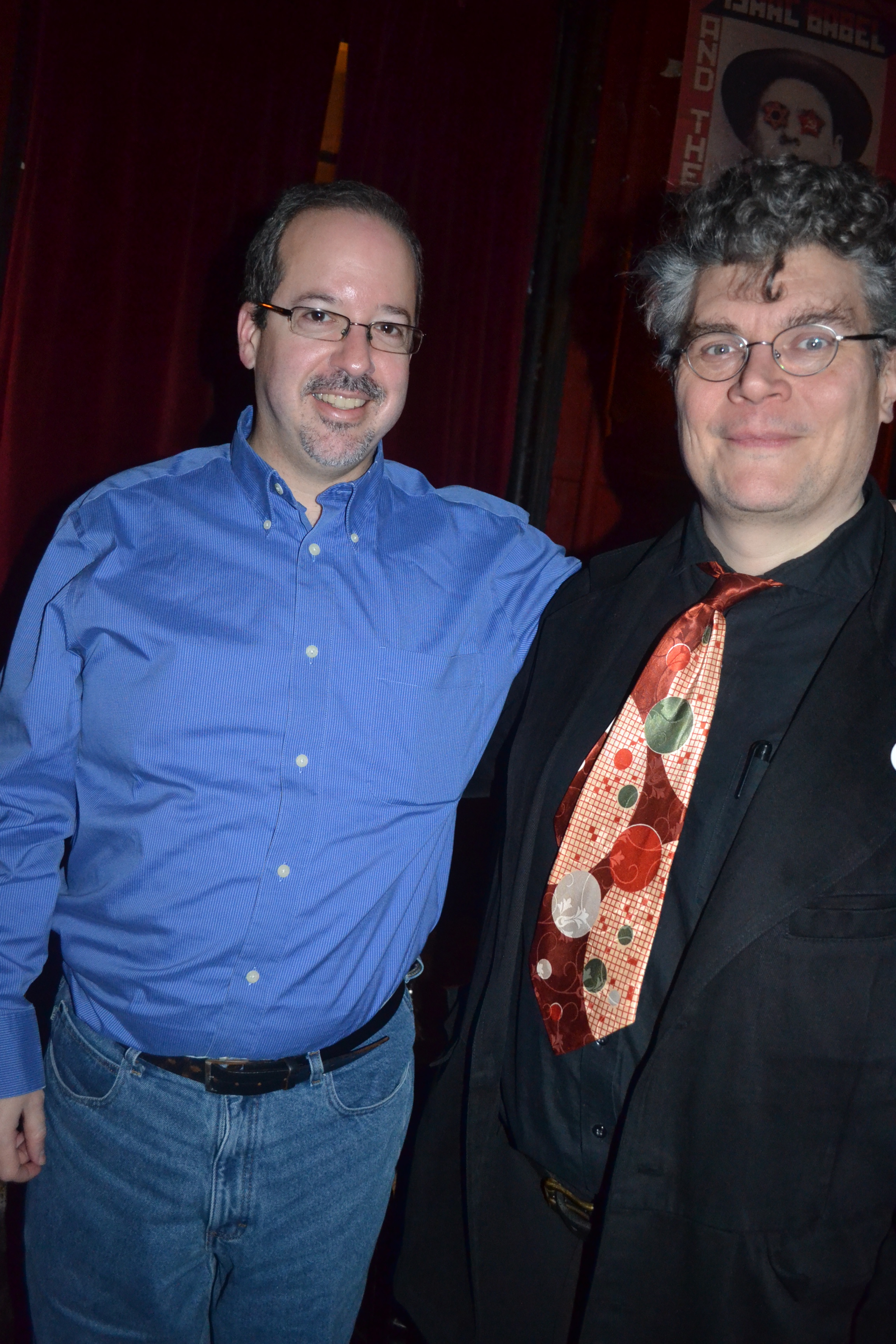Posted on Feb 20, 2017 by
Nick House of Leaves by Mark Z. Danielewski
House of Leaves by Mark Z. Danielewski
My rating: 4 of 5 stars
I struggled for some time over how to review HOUSE OF LEAVES. Should I do it as an extended, pages-long footnote, the way Johnny Truant’s own experiences intrude upon “The Navidson Record”? Should I do it in code, like one of the letters Johnny’s schizophrenic mother sends him from the Three Attic Whalestone Institute? But I realized these were distractions (as some might claim they are in the novel as well, but I’ll get back to that because they’re definitely not). What was truly giving me pause, I realized, was the question of whether I had given myself enough time to digest what I read before writing this.
But I decided a year could pass and I probably still wouldn’t have fully digested it all, so here I am, writing a review of this twisty, frustrating, brilliant, annoying novel a mere day after finishing it. Let me start by saying that HOUSE OF LEAVES is a novel that fights you almost every step of the way, as if daring you to have the fortitude to finish reading it. It nearly bounced me out several times in the early pages. The ten-page treatise on the science and literature of echoes that precedes a brief mention of how the new hallway in Navidson’s home has an echo in it nearly ended the book for me, but I was determined to stick with it. I’m glad I did. As the pages went on and I got more used to what Danielewski was trying to achieve — modulating the reader’s pace via the density of (or lack of) text; utilizing nested and interconnected footnotes that send the reader ping-ponging back and forth between pages to simulate the disorientation of the characters as they explore the labyrinth inside the Navidson house; shaping text and format into architecture in order to map the interior of the labyrinth — I began to understand that despite the annoyances and frustrations I felt there was something brilliant here. Something I hadn’t experienced before. A novel that feels, like the house itself, bigger on the inside than the outside.
But the book fights you. At the center of the novel is “The Navidson Record,” which is a prose recap of scenes from a non-existent film. As you might imagine, that’s a very distancing approach to storytelling, and it removes a lot of the sense of urgency or forward momentum. Danielewski relies on the reader’s interest in the central mystery of the labyrinth to motivate them to keep going. If you’re not intrigued by what happens in Navidson’s house, you’re not likely to finish the novel. Or, like me, even if you are intrigued you may have to really push yourself to stay with it.
By the end I realized the novel wasn’t actually about “The Navidson Record,” despite some truly amazing scenes to be found within it, but about Johnny Truant himself, whose life is descending into chaos and madness either because of his exposure to “The Navidson Record” or because he has inherited the schizophrenia that overtook his mother. There’s no answer, just as there’s no explanation for the events that take place in Navidson’s house, just clues to sift through and theories to analyze. That’s definitely not going to be everyone’s cup of tea, I reckon, but ultimately the ambiguity worked for me.
Despite what you might think, this isn’t the story of a haunted house. There’s no ghost in the house that’s trying to warn the characters of anything or frighten them away. There’s no mystery to be solved that will finally free the spirit. In my interpretation, it’s the story of a young man haunted by the absence of his mother due to her mental illness and eventual death, and as with the house itself, as with life itself, one must simply accept that these things happen and choose either to survive it or not.
View all my reviews
 Firefly Rain by Richard Dansky
Firefly Rain by Richard Dansky


